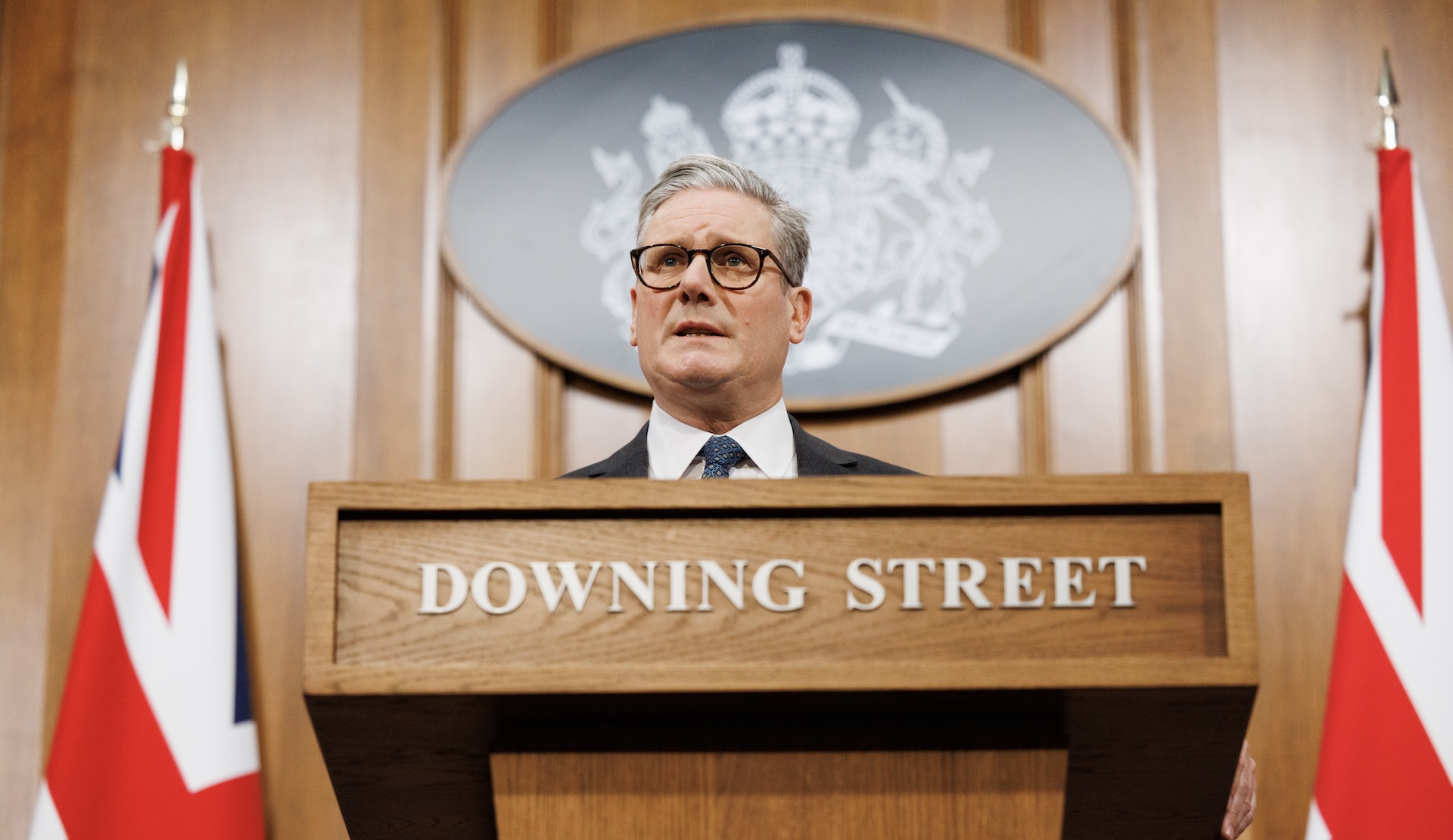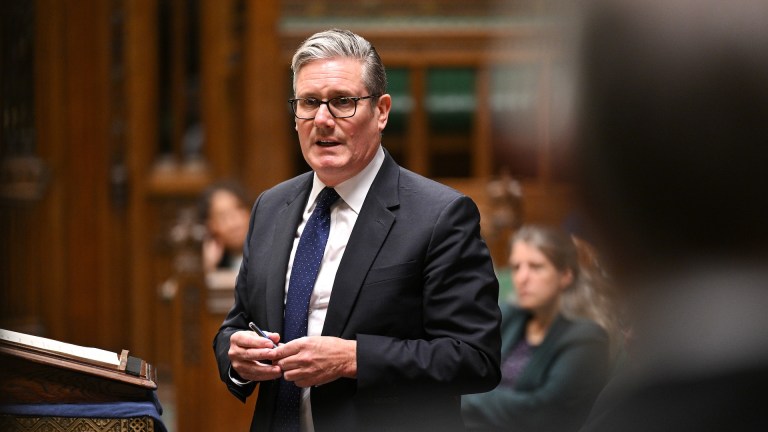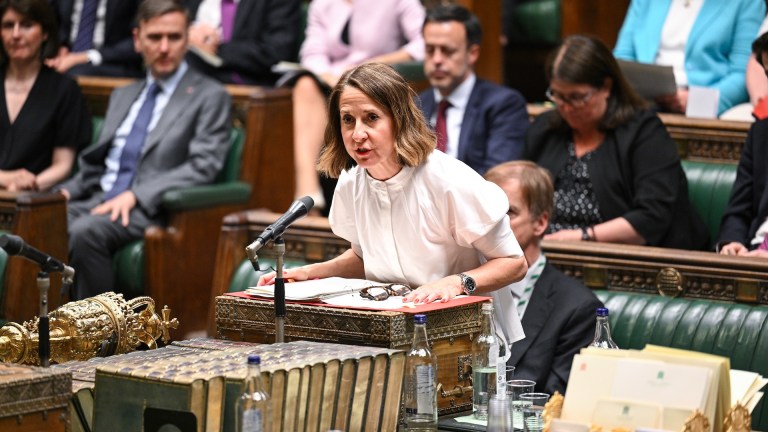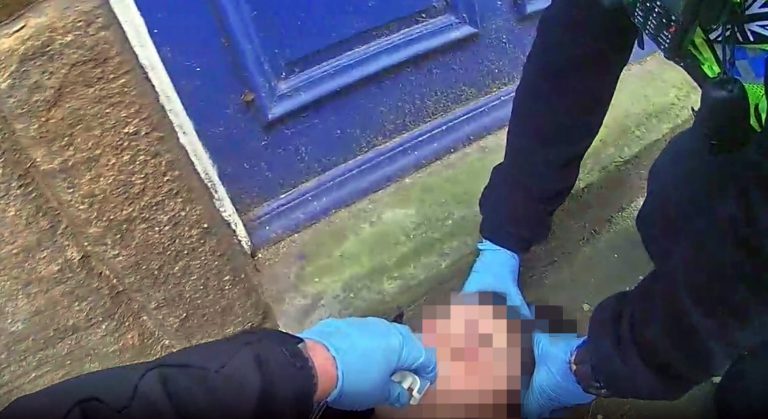“The proposed changes will increase the number of people at risk of becoming homeless for the first time, increase the number of people we have helped resolve their homelessness fall back into it, and increase the length of time it takes to resolve people’s homelessness in the future,” the letter reads.
The Department for Work and Pensions’ own analysis estimates that 250,000 people – including 50,000 children – will be pushed into poverty by the changes.
Between October and December 2024, just over one in five (21%) of households facing homelessness included someone with a disability or long-term illness. Cuts to PIP would turn that threat into reality for many.
“We see a direct change in our clients when their PIP is awarded, as they earn enough income to live a life with basic dignity, which is vital to support their recovery journey,” the letter continues.
“Many use these essential benefits to pay for counselling and care services that stabilise their physical and mental health, prevent episodes of homelessness, and open up opportunities to complete training or maintain employment. If these benefits are taken away, many will fall into debt and experience a serious decline in health as they are no longer able to meet basic needs.”
Some 62,040 households with physical ill health and disability needs faced homelessness in 2023/24, compared with 35,860 in 2018/19.
Advertising helps fund Big Issue’s mission to end poverty
Why has the government proposed disability benefit cuts?
The government argues that the welfare system is financially unsustainable. A record 2.8 million people are currently out of work due to long-term sickness, and the cost of disability and incapacity benefits for working-age adults has risen by £19 billion in real terms since 2019-2020.
Ministers claim that shifting the system’s emphasis toward employment support will boost productivity and opportunity.
However, critics say the proposed reforms ignore the lived realities of those with complex or chronic health needs. Many people risk losing the limited financial support they rely on to survive – not because their needs have changed, but because eligibility criteria are being narrowed and assessments made harsher.
St Mungo’s chief executive Emma Haddad says cutting benefits won’t get people back into work. Instead, it will push them out of housing.
“Many people rely on these benefits to manage complex health conditions as part of their recovery from homelessness and to pay for essential utilities. With already eyewatering rents, these benefits help people cover their additional costs. Without them, we fear people will be increasingly unable to afford somewhere safe to live,” she warned.
“Homelessness has already pushed these people to the edge. We should be supporting them to rebuild their lives – not creating more challenges for them to overcome.”
Advertising helps fund Big Issue’s mission to end poverty
The open letter has been submitted to Liz Kendall and Angela Rayner, deputy prime minister and secretary of state for housing, communities and local government.
Promises are easy to break. Sign Big Issue’s petition for a Poverty Zero law and help us make tackling poverty a legal requirement, not just a policy priority.
Do you have a story to tell or opinions to share about this? Get in touch and tell us more. Big Issue exists to give homeless and marginalised people the opportunity to earn an income. To support our work buy a copy of the magazine or get the app from the App Store or Google Play.










